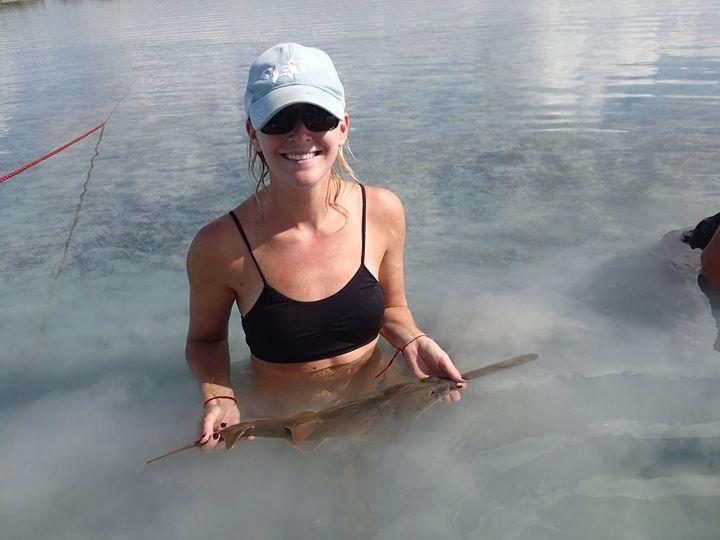
Women Who Inspire: Bianca Prohaska
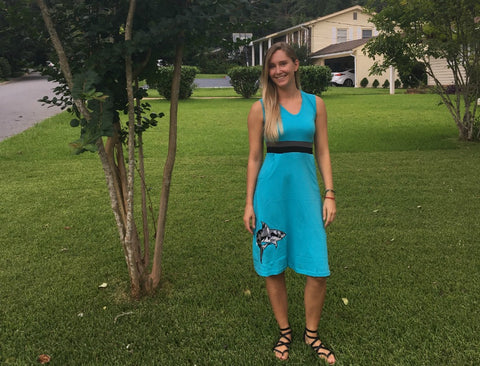
Bianca Prohaska is currently a Ph.D. candidate at Florida State University and studies sharks. The most current shark (and ray!) research she has done is on seven species of deep-sea sharks, and the smalltooth sawfish. She primarily studies physiological ecology in both systems. With the deep-sea sharks, she is researching whether the physiology of these sharks is mediated by their habitat (the depth at which they live) or if it is primarily hereditary. With smalltooth sawfish, she is researching how the stress response in these rays changes over their life, if there are any differences in the stress response between different capture methods, and if there is any difference in the stress response of juvenile and neonate sawfish between relatively pristine, and anthropogenically influenced habitats. She was the June featured scientist for the Gills Club.
Our Interview with Sara:
Svaha: What do you want to do once you complete your Ph.D.?
Bianca: My dream job would be working for the government conducting and analyzing research that can be used to form conservation and management strategies for sharks, skates and rays.
Svaha: What got you interested in sharks?
Bianca: While I can't pinpoint when I first became interested in sharks, I would credit Discovery Channel's Shark Week, and working at a library as motivators for my original interest in sharks. Shark week surprisingly has been around since I was in K-12, and I remember getting excited to watch it every year. Also back then, 10-20 years ago the shows were more focused on amazing videography of sharks, and some science about these fish, unlike today, where the featured shows are focused on fictional man hunting sharks, or seeing if an Olympian can swim faster than a shark. Although there are still some good programs on during shark week that focus on the science, and our labs research has been showcased quite a few times in past years. In addition to shark week, I also caught myself reading books on sharks in high school when things were slow at the library I worked at.
Svaha: What is your first memory of what you wanted to be when you grow up?
Bianca: Ever since I can remember, I knew I wanted to have a career that would allow me to work with animals, and initially I had my heart set on being a vet, until my freshman year of high school when I participated in the People to People Student Ambassador program. Through this program I had the opportunity to travel to both Australia and New Zealand, and this is where I was first exposed to the field of marine biology. While in Australia I got to participate in multiple marine conservation classes, and that is when I first learned what marine biology was, and how diverse the topics scientists could study were. Additionally on this trip I snorkeled in the Great Barrier Reef. The reef itself was absolutely breathtaking, but at one point the other students yelled that they had spotted a shark, and my initial reaction was to swim in the direction of the shark, not the boat. It was this experience sparked my initial interests in marine biology, and helped me realize I had such a passion for sharks.
Svaha: What would you say to all the little girls who are interested in sharks?
Bianca: That is awesome! Sharks are so interesting to study, whether it is for a class project, or something you want to pursue as a career. There are also so many ways to get involved in shark organizations, or outreach, so I would encourage them to seek out these opportunities, like becoming a Gills Club Member, or seeing if there are any volunteer opportunities nearby where you can interact with sharks and shark researchers! Also, if you do decide to study sharks as a career don’t be discouraged by others. I was told many times that I would never get to study sharks, because this field is too competitive, but if you work hard enough you can achieve your goals!
Svaha: Anything else you would like to add?
Bianca: If you are a shark novice I recommend watching the science based programming on Shark Week, and following along with current shark research at University and lab websites, and on social media.



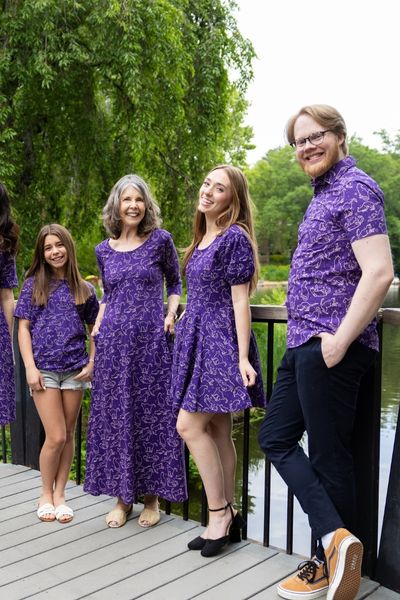













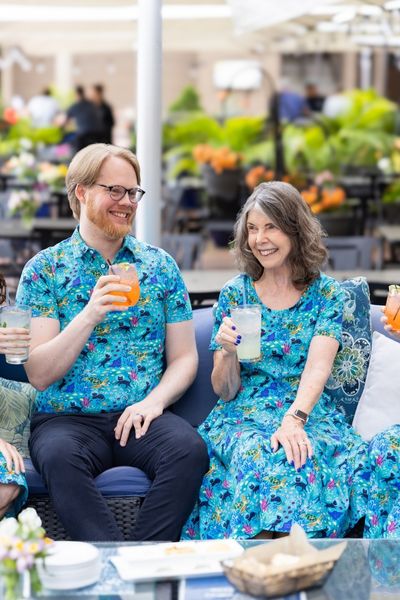
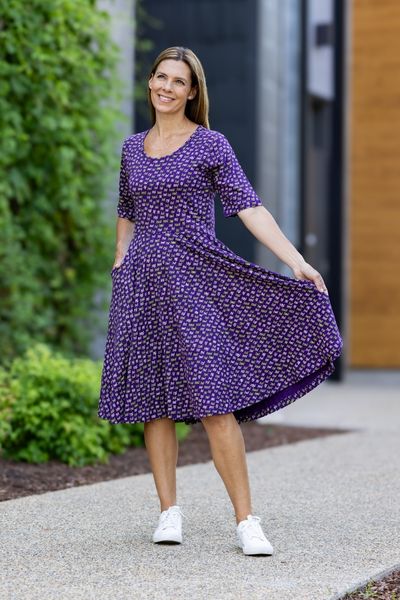
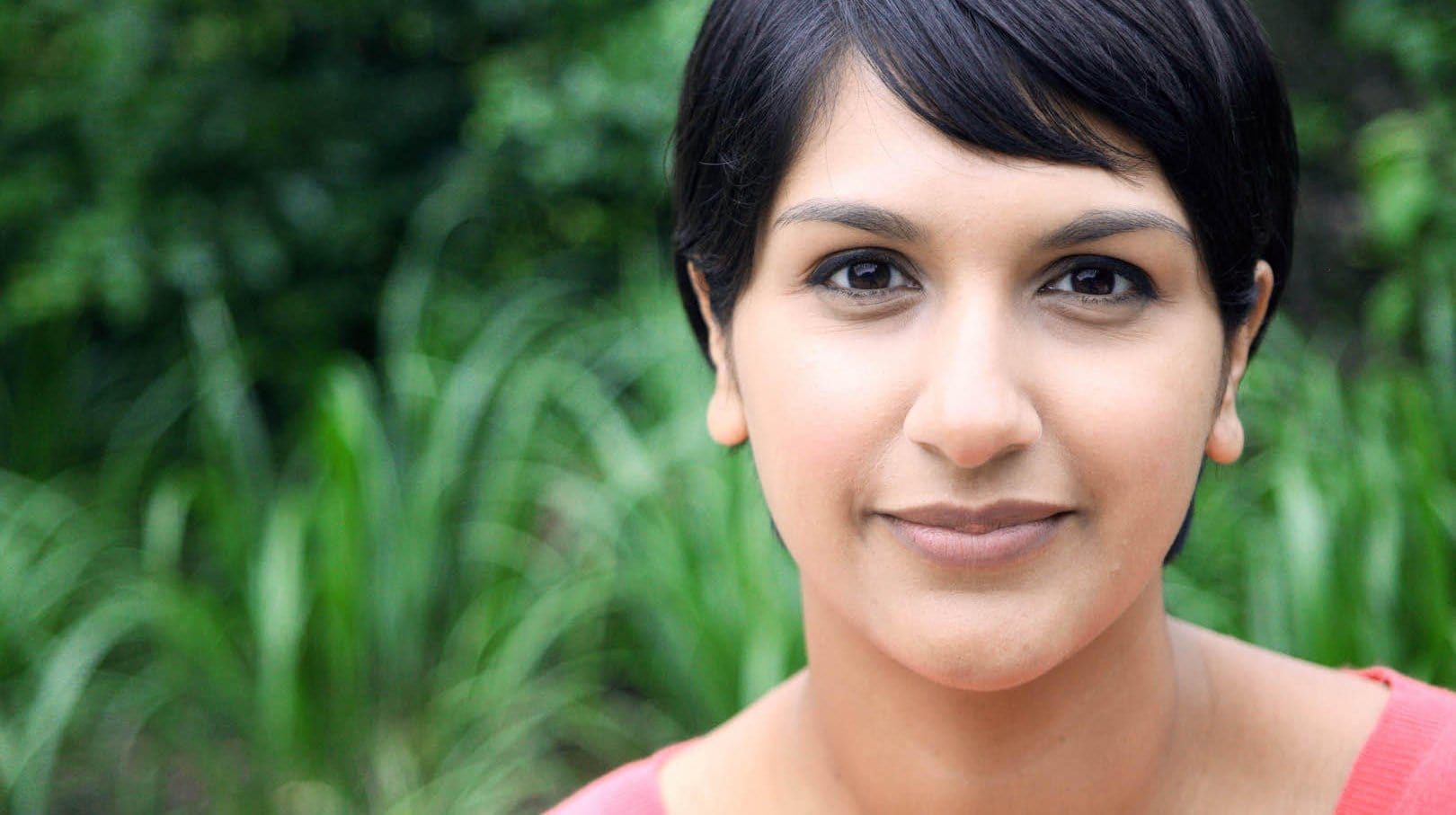
Leave a comment
This site is protected by hCaptcha and the hCaptcha Privacy Policy and Terms of Service apply.